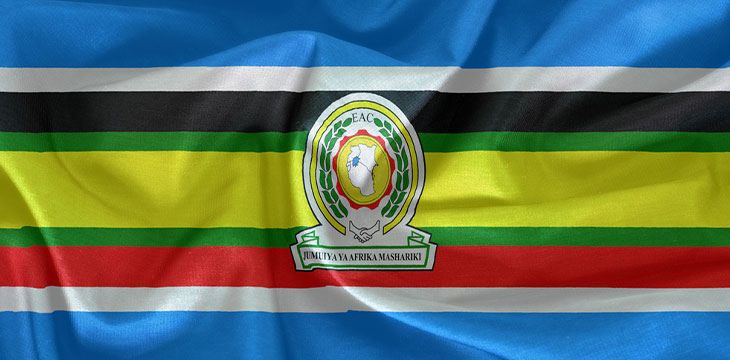|
Getting your Trinity Audio player ready...
|
East African nations will finalize their plans to set up a regional central bank as they edge closer to their goal of a single regional currency.
East African Community (EAC)’s Secretary-General Peter Mathuki recently revealed that the region’s Council of Ministers will meet this year to work out the details, including the location of the regional bank.
“The EAMI (East African Monetary Institute) will be in place this year in what will allow us to harmonize member states’ fiscal and monetary policies, then in about three years we will have a common currency in place,” Mathuki told journalists last week.
With a population of 300 million people, the East African Community comprises seven nations, with the Democratic Republic of Congo (DRC) being the latest member to join the bloc. In a bid to ease trade and movement of people within the region, the seven members have been working towards a common currency for years now. The goal is to have a common currency by 2024, and the regional bank is a key foundation.
Members of the EAC are among the many central banks exploring a central bank digital currency (CBDC). Kenya published a discussion paper on a potential CBDC last year, with the Central Bank of Kenya pointing to cross-border remittance as a key target for a digital shilling. Uganda announced a similar move last year, saying it was studying Nigeria’s eNaira and possible amendments to the law to accommodate a CBDC.
According to regional reports, the EAC is exploring the feasibility of a regional CBDC as a replacement for the East African Payment System (EAPS).
While no regional CBDC has launched yet, there have been a few other efforts, the most prominent being the digital euro project. Earlier this month, finance ministers in the region, through the Eurogroup, opined that a digital euro should be assigned a legal tender status but must be supported by the European public.
To learn more about central bank digital currencies and some of the design decisions that need to be considered when creating and launching it, read nChain’s CBDC playbook.
Watch: CBDCs and BSV

 02-25-2026
02-25-2026 




